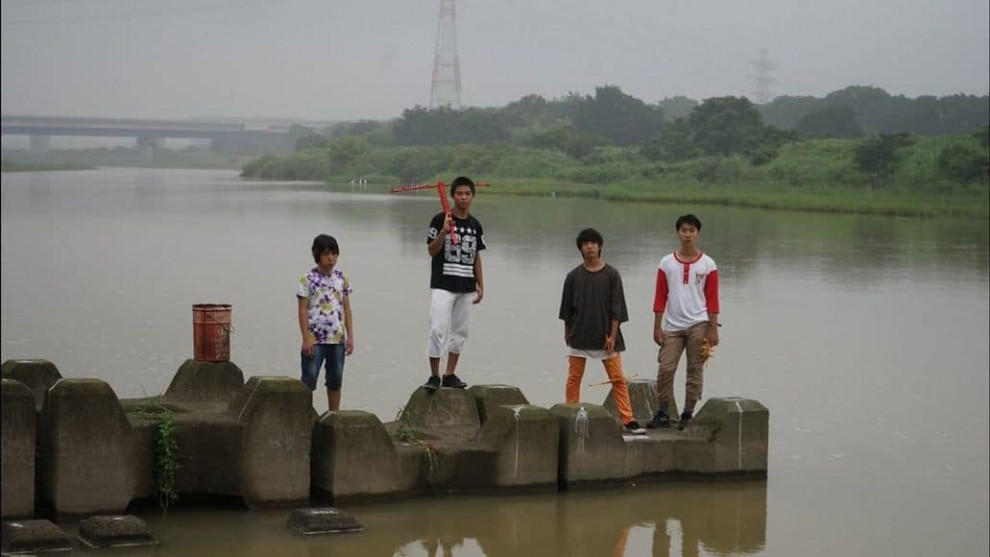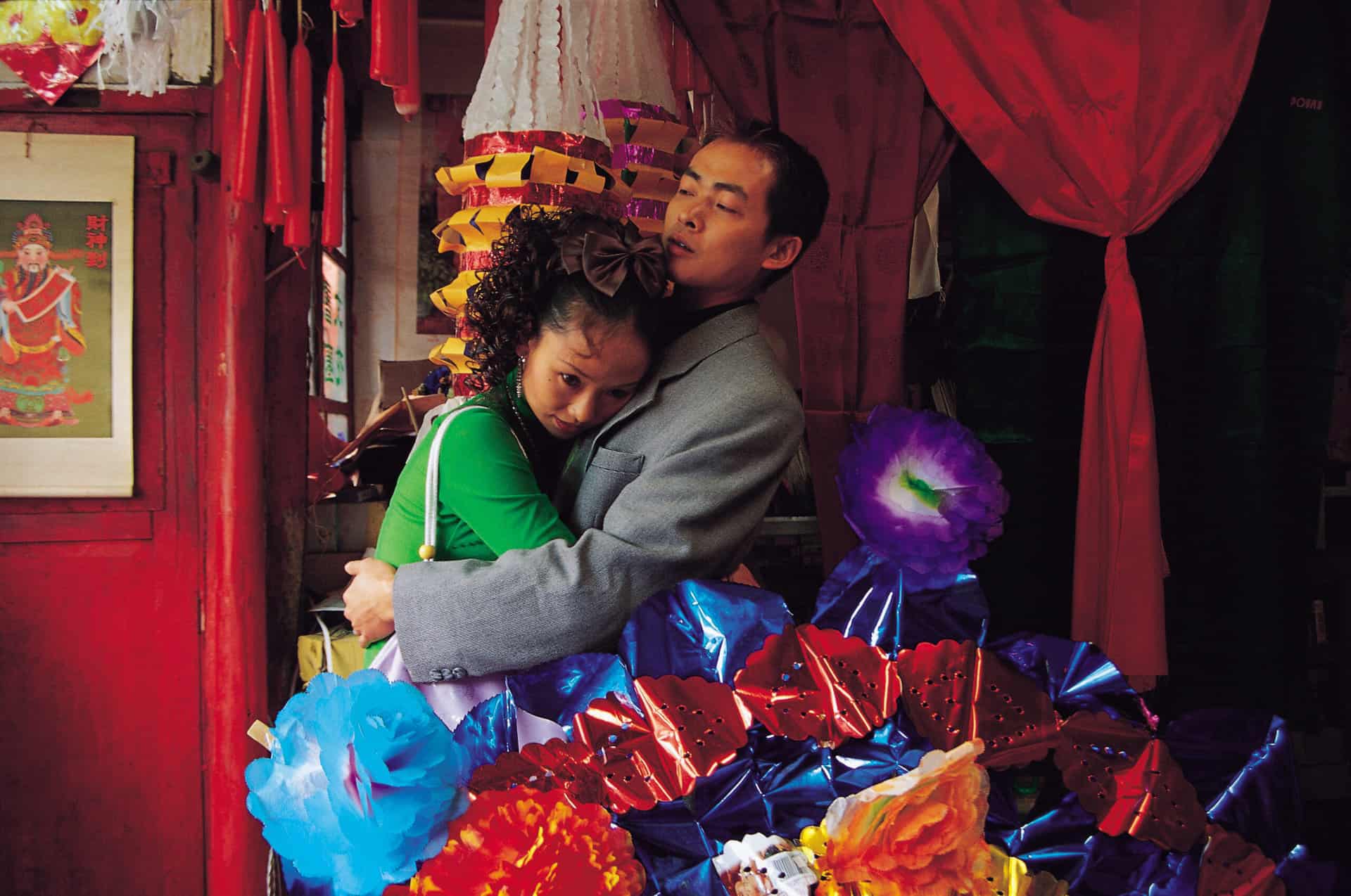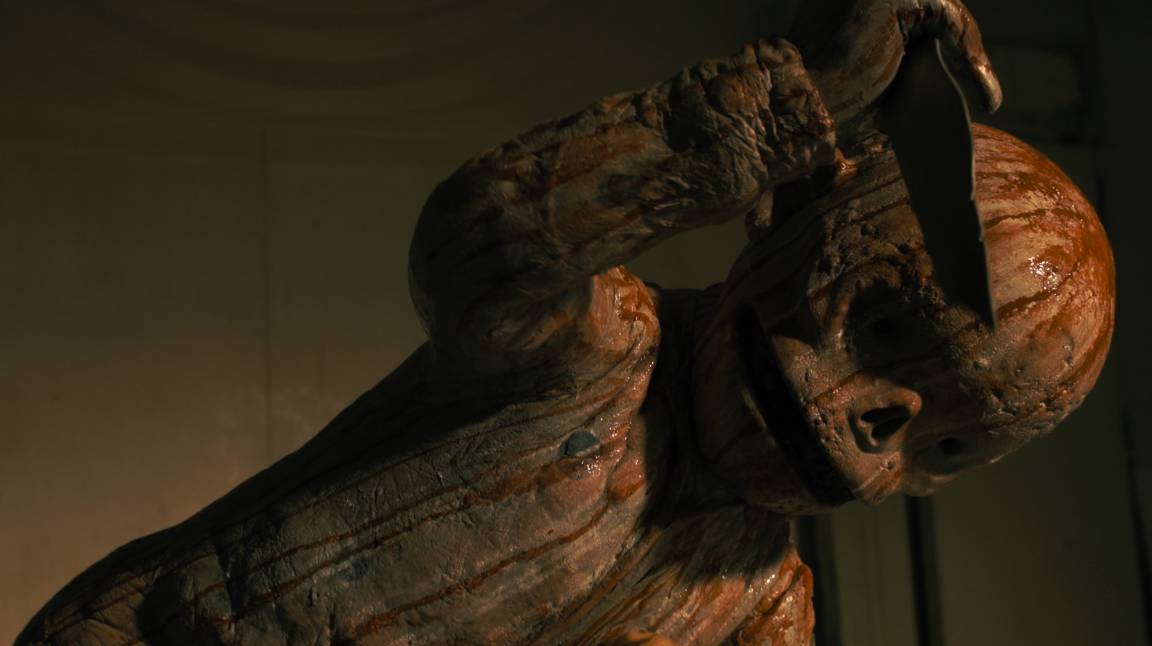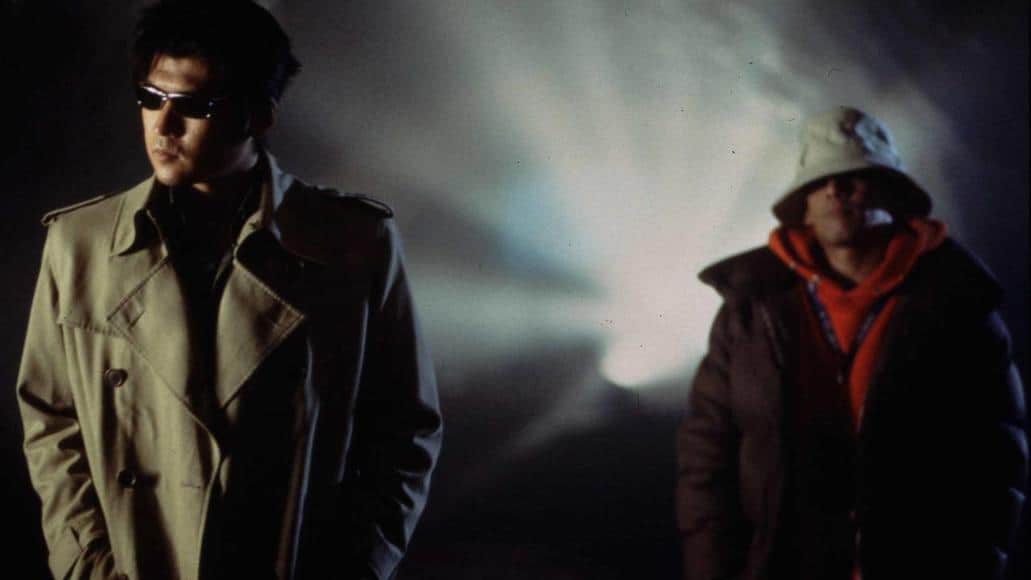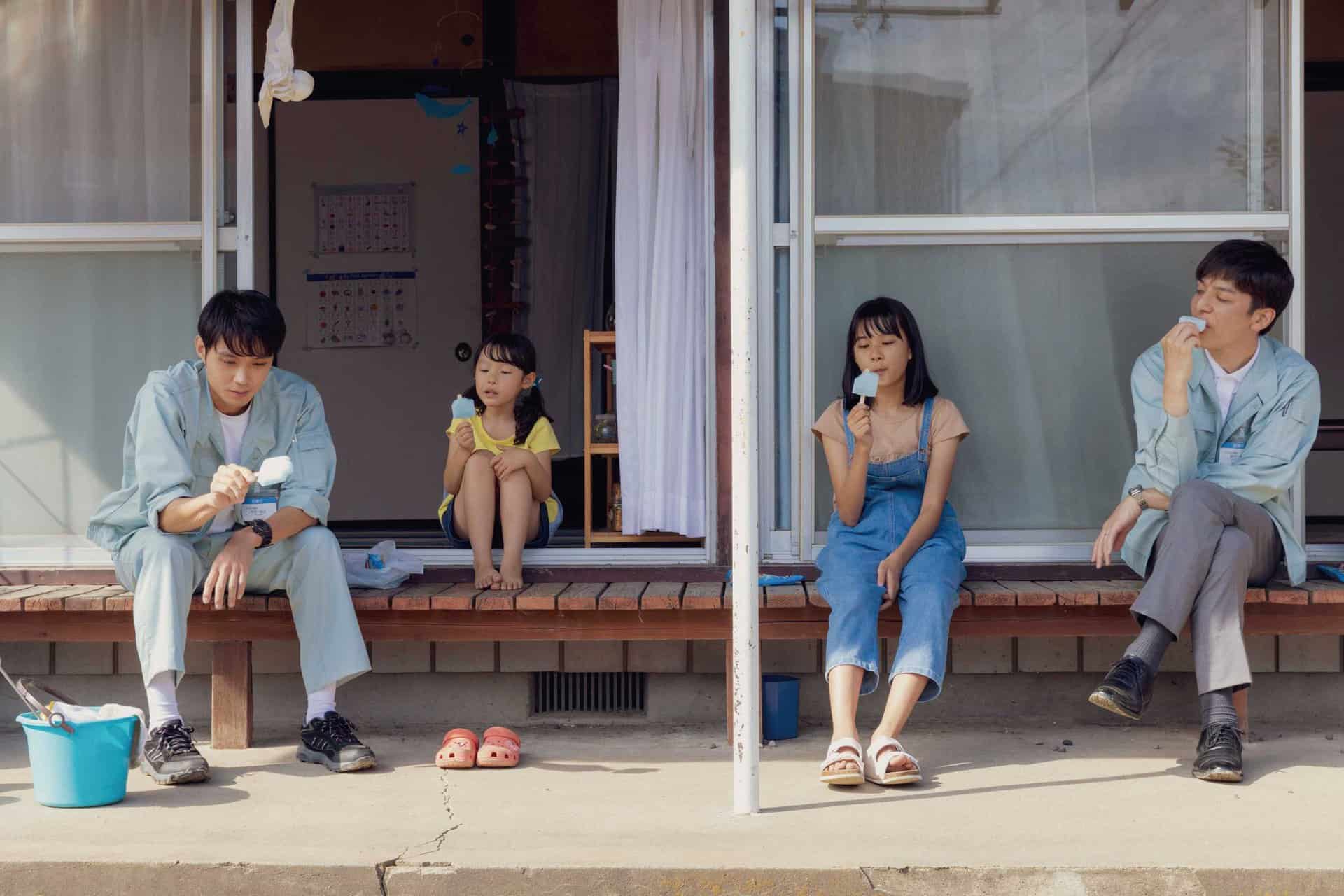Considering modern society define themselves through aspects like performance and competition, the pressure especially on young people to succeed becomes at times quite unbearable, resulting in even children being sick and in need for medication or therapy. In many ways bullying, in all of its forms, can be regarded as a symptom of this development and has become a phenomenon that shows itself through selected incidents, but in reality is much bigger and more complex. In his last feature “Liverleaf” Japanese director Eisuke Naito already looked at the reality of bullying, the victims and the perpetrators as well as the system that, even though it is quickly to doom those responsible, is part of the problem. His latest feature “Forgiven Children”, based on two murders from 1993 and 2015, continues this exploration into a problem whose nature and effects are more severe than we might think.
“Forgiven Children” is screening at Nippon Connection 2020

Ever since he had been the victim of bullies in elementary school, Kira (Yu Uemura) has become stronger and, along with his gang, has become the bully in his high school, terrorizing his class mates, such as Isuki (Shosei Abe). However, Kira's attacks escalates when he shoots Isuki with a hand-made crossbow, resulting in his classmate bleeding to death. Although he and his gang are quick to leave the scene of the crime, the police is on their tail with a police officer, convincing Kira to admit what he has done. Heartbroken and desperate, Kira's mother (Kuroikawa Yoshi) gives her son an alibi which results in the case being dismissed by the court.
While the official legal procedure has ended, the reality of what he has done torments Kira and his family. Whereas Kira becomes increasingly reclusive, eventually speaking only to his mother, especially his parents are hunted, molested, insulted and stalked by media outlets and also on social media where a large group of followers has decided to come up with their own verdict for Kira and his parents. As he is eventually forced to switch schools and change his name, only his new classmate Momoko (Yukino Nagura), also a victim of bullying in her class, finds a way to connect with the teenage boy.
From the very first moments on, Eisuke Naito's script shows bullying as a phenomenon which easily crosses the border to the most intimate moments of a person. Frequently the screen is almost violently filled with tweets and chat messages demanding “justice for Isuki”, a very modern form of lynch law which will likely resonate with audiences for the depiction looks all too familiar (sadly). The brutal banality of the actual events stands in contrast to the growing stream of message, the temptation of putting the blame on someone without going into the complexity of the issues, the background or the environment of those affected. Only when we see the images of the family home, the victim's and the perpetrator's, from the outside, we receive a disturbing glimpse to the savage reality of these messages and tweets.
Interestingly, Naito portrays the aftermath of the incident and the trial as an increasingly desperate struggle for a different narrative. While the public, especially on social media, as well as the traditional media have quickly chosen their side of the story, particularly the parents find themselves losing control over what is the truth, resulting in them publishing contrasting accounts of the events from their point of view. In a desperate attempt to find someone who still believes in her son's innocence, Kira's mother writes an article about her son and how she sees him, a step which entangles her even more in a network of lies and half-truths she cannot find her way out of.
Finally, through an impressive show of talent, Yu Uemura wrestles with his guilt and the growing impossibility to atone for what he has done. During the few private moments he has left, his character tries to vent his aggression and rage against himself, a desperate attempt to come to terms with something he cannot comprehend and whose narrative is not longer in his hands anymore.
In the end, “Forgiven Children” is a daunting drama about bullying, exploring the scale of the phenomenon from a singular incident which, in reality, is part of a more complex issue. Through its visual approach and terrific performances, to name only two aspects, Eisuke Naito puts the finger on an issue which we have yet to address fully, even though we know in theory how to fight it.


